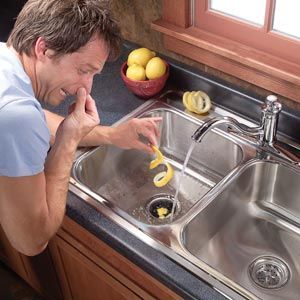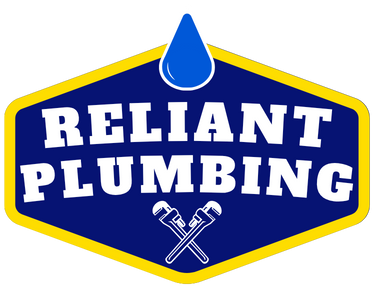
Why Does My Sink Smell Bad? Common Causes and What You Can Do
Unpleasant sink odors in your Cambridge home? Here’s what causes them—and how to fix it for good.

If you’ve noticed a foul smell coming from your kitchen or bathroom sink, you’re not alone. Bad sink odors are a common issue for homeowners in Cambridge, and they can stem from several sources. Fortunately, many of them are easy to diagnose—and even easier to prevent.
In this post, we’ll break down the most common causes of smelly sinks, how to fix the issue yourself, and when it’s time to call in a professional plumber.
1. Clogged or Dirty Drains
One of the top reasons for a stinky sink is buildup in the drain. Food particles, grease, soap scum, and hair can all collect over time, leading to bacterial growth that smells awful.
Signs:
Rotten egg smell or moldy odor
Slow drainage
Gurgling sounds
DIY Fix:
Flush your drain with hot water, baking soda, and vinegar.
Avoid harsh chemical cleaners that could damage older plumbing.
Consider using a drain strainer to catch debris before it enters the pipes.
2. Dry P-Trap
The P-trap is the curved pipe under your sink designed to hold water and block sewer gases. If the sink isn’t used often—like in a guest bathroom—the water can evaporate, allowing those gases to enter your home.
Signs:
Strong sewage-like odor from the sink
Odor worsens after long periods of non-use
Solution:
Run water down the sink for a minute or two to refill the P-trap.
Pour a bit of mineral oil in after to slow evaporation if the sink is rarely used.
3. Mold or Mildew in the Drain or Cabinet
A musty odor may be caused by mold or mildew either in the drain itself or beneath the sink in the cabinet area.
What to Check:
Look under the sink for leaks or damp spots.
Sniff around the drain or faucet for localized smells.
Next Steps:
Clean any visible mold with a solution of water and vinegar.
Repair any leaky fittings or call a plumber if the mold source isn’t clear.
4. Grease Buildup in Kitchen Drains
Cooking grease may seem harmless when washed down with hot water, but it hardens as it cools in your pipes—leading to buildup that traps food and bacteria.
Solution:
Avoid pouring grease down the sink.
Use a degreasing cleaner or flush with a vinegar/baking soda mix monthly.
5. Sewer Line Issues
If the smell is especially strong and seems to affect multiple drains, the problem could lie in the sewer line. This is a more serious issue and usually requires a professional inspection.
Warning Signs:
Multiple sinks emitting odors
Gurgling or bubbling toilets
Slow drains throughout the house
What to Do:
Don’t delay. Call a professional plumber in Cambridge to investigate possible sewer blockages or damage.
6. Vent Stack Blockage
Your home’s plumbing vent stack allows sewer gases to escape and ensures proper drainage. If it’s blocked—by debris, leaves, or even a bird’s nest—those gases may back up into your home.
Fix:
A licensed plumber can inspect and clear the vent.
Don’t attempt to climb the roof to DIY this one—it's risky and best left to a pro.
Preventative Tips
Use strainers in all drains to catch hair, soap, and food particles.
Flush drains with baking soda and vinegar monthly.
Avoid grease, coffee grounds, and starchy foods in kitchen drains.
Have your plumbing inspected annually, especially in older Cambridge homes.
When to Call a Professional
If you’ve tried the basic fixes and the smell persists, there may be an underlying problem in your plumbing system. A professional plumber can perform a camera inspection, check your venting, or identify hidden issues like a cracked pipe or mold behind walls.
Conclusion
Bad sink smells are unpleasant—but fixable. Whether it’s a dry P-trap, clogged drain, or a more serious issue, the key is to catch the problem early. Homeowners in Cambridge dealing with persistent plumbing odors should consider calling in a licensed plumber for a full inspection and permanent fix.
